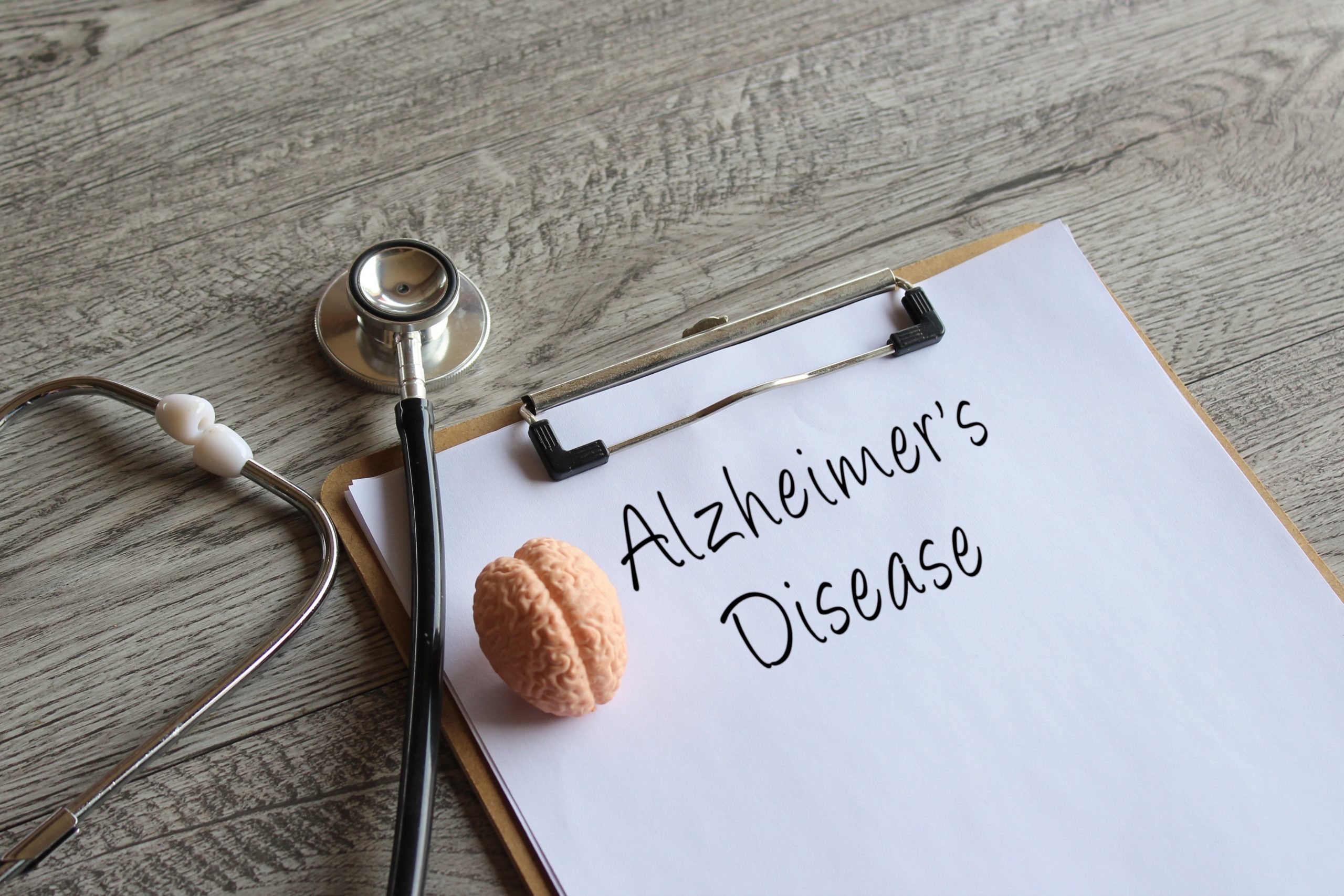Alcohol is a widely consumed beverage that is often associated with social gatherings, celebrations, and relaxation. While moderate alcohol consumption may have some health benefits, excessive or long-term alcohol use can have detrimental effects on memory and brain health. In this article, we explore the impact of alcohol on memory and brain health and discuss the importance of responsible drinking.
- Impaired Memory Formation: Alcohol affects the brain’s ability to form new memories. Excessive alcohol consumption can interfere with the process of memory consolidation, making it difficult to remember events or information learned while under the influence. This can lead to gaps in memory and impaired cognitive functioning.
- Blackouts and Memory Loss: Excessive drinking can lead to blackouts, periods of time where individuals are unable to recall events that occurred while intoxicated. Blackouts occur when alcohol disrupts the transfer of information from short-term to long-term memory storage. Prolonged alcohol abuse can result in significant memory impairments and even permanent damage to certain areas of the brain.
- Cognitive Decline: Long-term heavy drinking can contribute to cognitive decline and an increased risk of developing conditions such as dementia and Alzheimer’s disease. Alcohol-related cognitive decline can manifest as difficulties with attention, problem-solving, decision-making, and overall cognitive functioning. Chronic alcohol abuse can also lead to shrinkage of the brain’s gray matter, which is responsible for processing information and memory storage.
- Nutritional Deficiencies: Alcohol interferes with the body’s ability to absorb and utilize essential vitamins and minerals necessary for brain health. Chronic alcohol abuse can result in nutritional deficiencies, such as thiamine (vitamin B1) deficiency, which can contribute to a condition known as Wernicke-Korsakoff syndrome. This condition is characterized by memory loss, confusion, and impaired cognitive function.
- Increased Risk of Mental Health Disorders: Excessive alcohol consumption is associated with an increased risk of mental health disorders, including depression and anxiety. These conditions can further exacerbate memory problems and impair overall brain function. Additionally, individuals with underlying mental health issues may be more susceptible to the negative effects of alcohol on memory and cognitive health.
- Disruption of Sleep Patterns: Alcohol can disrupt normal sleep patterns, leading to poor sleep quality and quantity. Sleep is crucial for memory consolidation and overall brain health. Disrupted sleep can impair memory formation and cognitive function, contributing to memory problems and reduced brain performance.
- Neurotoxicity and Brain Damage: Excessive alcohol consumption can result in neurotoxicity, causing damage to brain cells and disrupting the delicate balance of neurotransmitters. Prolonged alcohol abuse can lead to a condition known as alcoholic brain damage, which manifests as memory loss, impaired judgment, and difficulties with motor skills.
- Resilience of the Brain: It’s important to note that the brain has a remarkable ability to recover and repair itself, especially when alcohol consumption is reduced or eliminated. The brain’s plasticity allows for the development of new neural connections and the restoration of cognitive function with sobriety.
- Responsible Drinking: If you choose to consume alcohol, it’s crucial to do so in moderation. Responsible drinking means adhering to recommended guidelines, which typically advise no more than one standard drink per day for women and up to two standard drinks per day for men. It’s also important to pace yourself, alternate alcoholic beverages with non-alcoholic ones, and avoid binge drinking.
In conclusion, excessive alcohol consumption can have significant negative impacts on memory and brain health. Long-term heavy drinking can impair memory formation, lead to cognitive decline, and increase the risk of developing mental health disorders. It’s important to be mindful of alcohol consumption and make responsible drinking choices to protect brain health.












